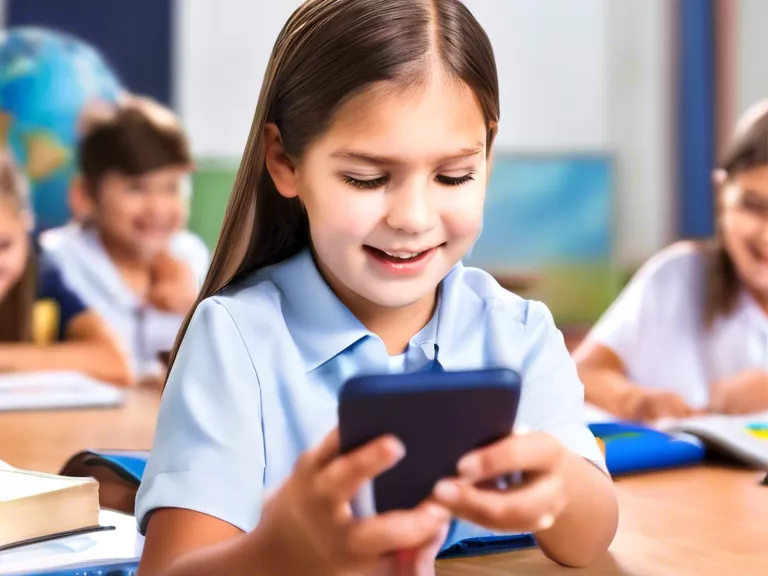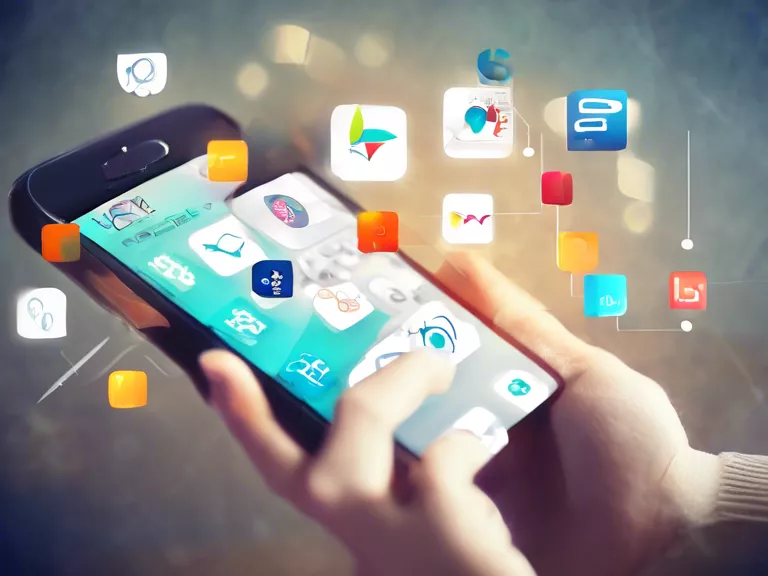
Mobile apps have revolutionized education by providing interactive learning experiences for students. These apps are designed to engage students in a way that traditional methods cannot, making learning more fun and effective. From math and science to language learning and history, there is a mobile app for every subject that can help students master concepts and retain information in a more interactive and engaging way. Let's explore how mobile apps are changing the landscape of education.
One of the key benefits of mobile apps in education is the ability to offer personalized learning experiences. Apps can adapt to each student's learning style and pace, providing them with tailored lessons and activities to help them grasp difficult concepts. This personalized approach ensures that students are more engaged and invested in their learning, leading to better outcomes.
Another advantage of mobile apps in education is the instant feedback they provide. Students can receive immediate feedback on their progress and performance, allowing them to track their growth and areas for improvement. This real-time feedback motivates students to continue learning and strive for excellence, fostering a culture of continuous improvement.
Mobile apps also make learning more fun and interactive. Through gamification and interactive elements, students are encouraged to participate actively in their learning, rather than passively absorbing information. This hands-on approach to education not only makes learning more enjoyable but also helps students retain information better.
Furthermore, mobile apps in education break down barriers to learning by making education more accessible to all. Students can access educational content anytime, anywhere, making learning more flexible and convenient. This accessibility is especially beneficial for students in remote areas or those with limited resources, as mobile apps can provide them with quality education that they may not have otherwise.
In conclusion, mobile apps are revolutionizing education by making learning more interactive, personalized, and accessible. These apps are changing the way students learn and engage with educational content, ultimately leading to better outcomes and a more engaging learning experience for all.



